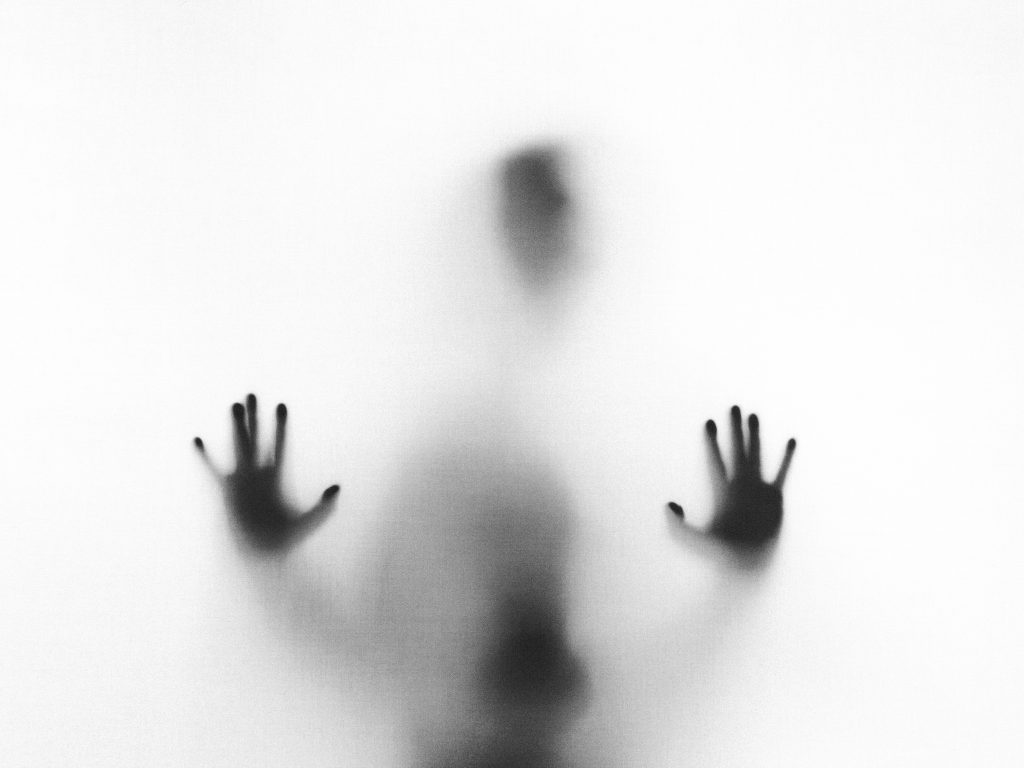When we were all asked to stay safe at home, I encouraged lots of friends and family to stay put… but what happens when home is not safe? There are lots of people that have to deal with abuse within the safe home.
Abuse, in this case, can be physical, emotional, or sexual.
Based on my line of work, I keep thinking about people having to stay at home with abusive partners, parents, guardians, or friends. This can be a nightmare, even within the COVID-19 lock-down and stress.
With the stress and uncertainties associated with the Corona Virus, COVID-19, there is a tendency to have an increase in abuse. Moreover, people that weren’t abusive in the past can become abusive and previous abuses begin to intensify.
This is a peculiar situation because people in abusive situations would find it difficult to seek help from outside the home, or take precautionary measures such as leaving an abusive or violent environment to a calmer environment. Also, it becomes difficult for people to take in abused persons due to fear of infection. Bottom line is, dealing with abuse in the current pandemic is not as simple as ABC. Here are some ways to deal:
Recognize The Abuse
The first step in dealing with an abusive situation is recognizing and being honest about what is happening. With physical and sexual abuse, it’s easier to identify, but with emotional abuse, it is a little dicier. This doesn’t mean that physical and sexual abuses are always recognizable out rightly.
If you are feeling constantly insulted and wounded, feel like you would never measure up, notice a reduction in your self-esteem or constant apprehension when around the person, these are pointers that you may be in an emotionally abusive situation.
Without recognizing abuse, it becomes difficult to take charge of our lives.
Stop Blaming Yourself
It’s not uncommon to make excuses for an abusive person; there is a tendency that we also blame ourselves.
It’s not their fault; I must have offended them
Blaming oneself may be coping mechanisms we have unconsciously developed. These may be coping mechanism such as denial, minimization or an excuse to make the abuse believable, especially if the person was once loving and caring.
Please note that we are not responsible for the other person’s actions. When we stop blaming ourselves, we are a step closer to getting our lives back.
Identify Safe Areas Of The House
With abuse, it’s best not to be in a closed area where it is difficult to escape during an attack or a dangerous room like the kitchen.
Let’s try identifying signs and clues that an abuse might be brewing and take precaution. When abuse starts to happen, find your way to the safe place, especially a place where you are sure there is a telephone to call for help or a quick exit.
Stay calm; it would make it easier to think of a way of escape. You can practice meditation exercises, such as deep breathing exercises, to calm your mind and nerves.
Do Not Engage An Abusive Person
Abuses have a build-up. It is important to identify the signs and do not engage. Offer no explanations, manage your emotions and simply apologize, and excuse ourselves to avoid the situation.
Remember, our mental and physical health is important during this period. Engaging with an abuser only increases the risk of hurting both or either. It’s best to avoid when possible.
Be Selfish
With an abusive person, we tend to find ourselves always trying to please the person. It’s time to also start taking care of our own mental and physical health, and making this a priority as well.
Let’s start to pamper ourselves with good food, do something that we love to do, and affirm positive attributes to ourselves. We can also build resilience, learn a new skill, help someone in need if we can, and take care of our dependents (such as our children).
Get outdoors for a walk or run (while staying 2 meters away from others), be intentional about getting enough rest, drink enough water, and just have fun. It is important to set a routine for yourself and your children if you have children. This would help you get by the day.
You can check out our post on tips for your mental health during this period.
Talk To Someone
Staying at home doesn’t mean cutting off people that love and support you. It’s important to be in contact with people that encourage us. Engaging with people that love and respect us is one way to stay psychologically strong this period.
Abuse is encouraged in secrecy. You can create a word or phrase to use whenever you feel you are in danger of abuse so your children, family or neighbors can call out for help.
It is also good to avoid people that incite us towards the negatives against the abusive person; it may make matters worse for us. Such negative persons are more harm than good directly or indirectly.
You can also join an online support group that includes women with similar a challenge. You can send us a message for options you can choose from. You can also join our forum to talk to people with the same challenges.
Encourage The Person To Seek Help
It is important to realize that you cannot fix an abusive person. A person that abuses can be helped via therapy, counselling or support groups. There are different options to choose from, including face-to-face therapy, online therapy or concierge services. Encourage the person to seek help. They can book for a session with one of our professionals. Your role is to offer the option if the person seems inclined or remorseful, and not to insist or force the person.
Also, abuse tends to lead to psychological traumas and other psychological challenges such as depression. If you need help coping with the psychological aftermaths of mistreatment, you can schedule an appointment with one of our professional.
Take Immediate Actions
We can continue with the above tips in keeping ourselves and children safe, where these are still possible. If you notice any danger to yourself or family, call these numbers within Nigeria immediately. If you cannot do this, do share these numbers with someone you trust. They can make the call for you when it is necessary.
Domestic Sexual Violence Response Team (Lagos) – 112; 0813-796-0048
Office of the Public Defender – 0708-060-1080
Ireti Resource Centre – 0700-3333-111
Cece Yara – 0800-210-0009
Stand to End Rape – 0809-596-7000
WARIF – 0815-577-0000
If you are being abused physically, sexually or emotionally during this lock-down, remember:
- Recognize the abuse
- You are neither to blame nor the cause of an abusive behavior.
- Identify safe areas within the house
- Prioritize your mental and physical health
- Talk to someone that encourages you, and builds your strength
- Encourage the abuser to seek help, and seek help yourselves for psychological aftermaths of abuse
- Take immediate actions for your safety and health
- You deserve to be treated with respect.
- You deserve a safe and happy life.
- You are not alone. There are people waiting to help you.
Let us know how you are doing. We’ll love hearing from you.
Until I come your way next time, remember, better day tomorrow.



